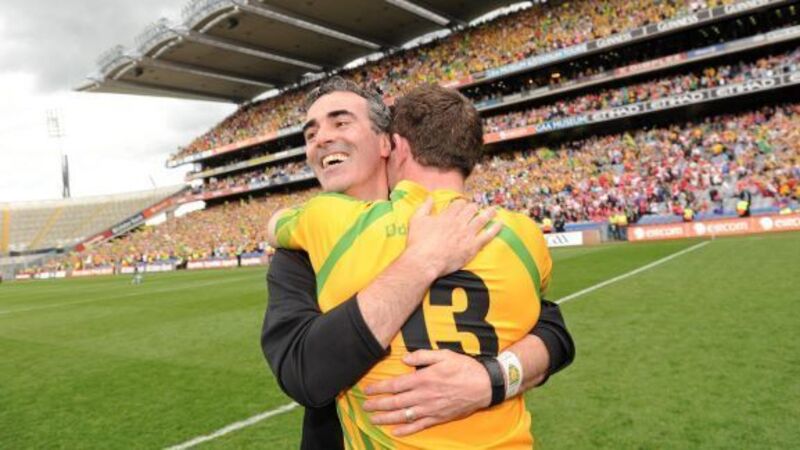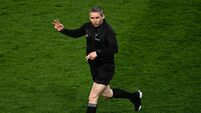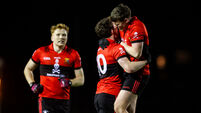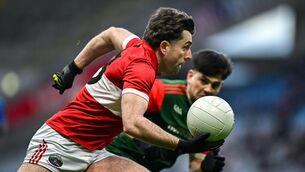McGuinness: From there to here

John Joe Doherty’s Donegal had just been lumped out of the championship, the first county in the country evicted that year, following a 2-14 to 0-11 hammering by Armagh in Crossmaglen. It concluded Donegal’s season, their annus horribilis.
“God Almighty would not have success with that current Donegal team and no matter what way you look at it we do not have the players,” 1992 All-Ireland-winning captain Anthony Molloy said in the Donegal Democrat just three days later.














